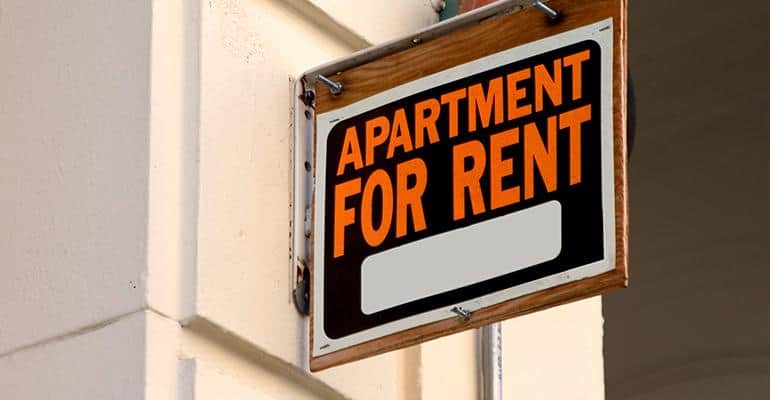30,000 illegal basement apartments a potential danger to Mississauga tenants: Councillor
Published March 7, 2024 at 12:55 pm

Mississauga is taking another crack at clamping down on the estimated tens of thousands of illegal basement apartments across the city that pose a danger to many of the people living in them.
Responding to a letter sent by a Peel paramedic to all city councillors in which the author observes many homes with basement units in Mississauga and Brampton “are accidents waiting to happen,” Ward 5 Coun. Carolyn Parrish implored her colleagues and senior city staff to take action.
She’s pushing to have every house in Mississauga with a basement apartment inspected to ensure they meet safety standards under Ontario’s fire and building codes.
“I know it’s a big job, but we have so many illegal basement apartments … we have a whole subculture, or a sub-city, of probably 30,000 houses and they have basement apartments that have absolutely no restrictions and no conditions,” Parrish said at Wednesday’s Mississauga general committee meeting. “And we have people living in them in terrible conditions. This has been bugging me for nine years.”
She said she’s often experienced “problems up in Malton with 16 people in a house renting,” and it has to stop.
The councillor added many homeowners renting out basement apartments don’t register the units with the City of Mississauga, as they’re legally bound to do, because they’d “then have to pay income tax on the rent they’re collecting.”
That would likely force them to increase the rent for tenants who, in many cases, are already having difficulty making monthly payments, city officials say.
“Part of the challenge … is typically when you bring things up to code, it’s a significant investment of that landlord, so then there’s that ripple effect of what happens to that rent and to the people living in that unit,” Andrew Whittemore, Mississauga’s planning and building commissioner, told councillors.
“So, this is a complex process. It’s a real issue,” he continued, adding he and his staff will again study the matter “and start really figuring out a good plan of action to address this.”

Andrew Whittemore, Mississauga’s planning and building commissioner, said his staff will tackle the basement apartment issue and report back to city council.
Ward 7 Coun. Dipika Damerla agreed something must be done to fix the problem.
“We have to find a way to ensure the safety of tenants, but also make sure they don’t become homeless in the process,” she said.
Ward 8 Coun. Matt Mahoney pointed out the city has tried unsuccessfully on several occasions over the years to address the problem of illegal basement apartments.
He suggested it’s time Mississauga approached the provincial government for help.
Beyond both the logistics challenges associated with checking tens of thousands of basement units in the city and the unintended consequences that could see many tenants out on the street, there’s also the matter of gaining legal access to the homes and apartments in the first place.
In most cases, city officials need consent of the homeowner in order to enter and inspect basement apartments.
Problem is “more prevalent than most realize”
Parrish read the letter from the paramedic aloud to the meeting. The first responder noted their thoughts were based on observations made from entering homes/basement apartments during numerous emergency calls in Peel.
Many of the people “are very vulnerable people, our poorest and our newest Canadians,” Parrish said, reading the paramedic’s words. “Many are international students lacking support and access to resources that may not know any better. I’m sure many of you are aware of these issues. I just wanted to write and tell you that it is bad out there. Some houses are well kept while many others are accidents waiting to happen. I feel the problem is even more prevalent than most realize.”
The letter continued: “Throughout Peel, there are many families and individuals living in unsuitable conditions” and many basements and entire houses “are carved up into single rooms that are individually rented out.”
Additionally, many dwellings do not appear to meet the Ontario Fire Code, the paramedic’s correspondence noted.
“I rarely, if ever, see egress windows, smoke detectors are constantly chirping for low batteries, if they’re present at all.”
Unsafe stairways and unsecured spaces inside many of the units are also common, the letter observed.
Whittemore, in his remarks, acknowledged “…the paramedic is 100 per cent insightful on (all of) this.”
A second unit — basement apartment, in-law suite or accessory dwelling — as defined by the city is a self-contained living space with cooking, sleeping and sanitary facilities within a detached, semi-detached house or townhouse.
All second units must meet the Ontario Building Code, Ontario Fire Code and Zoning Bylaw requirements and must be registered with the city, officials say.
INsauga's Editorial Standards and Policies








